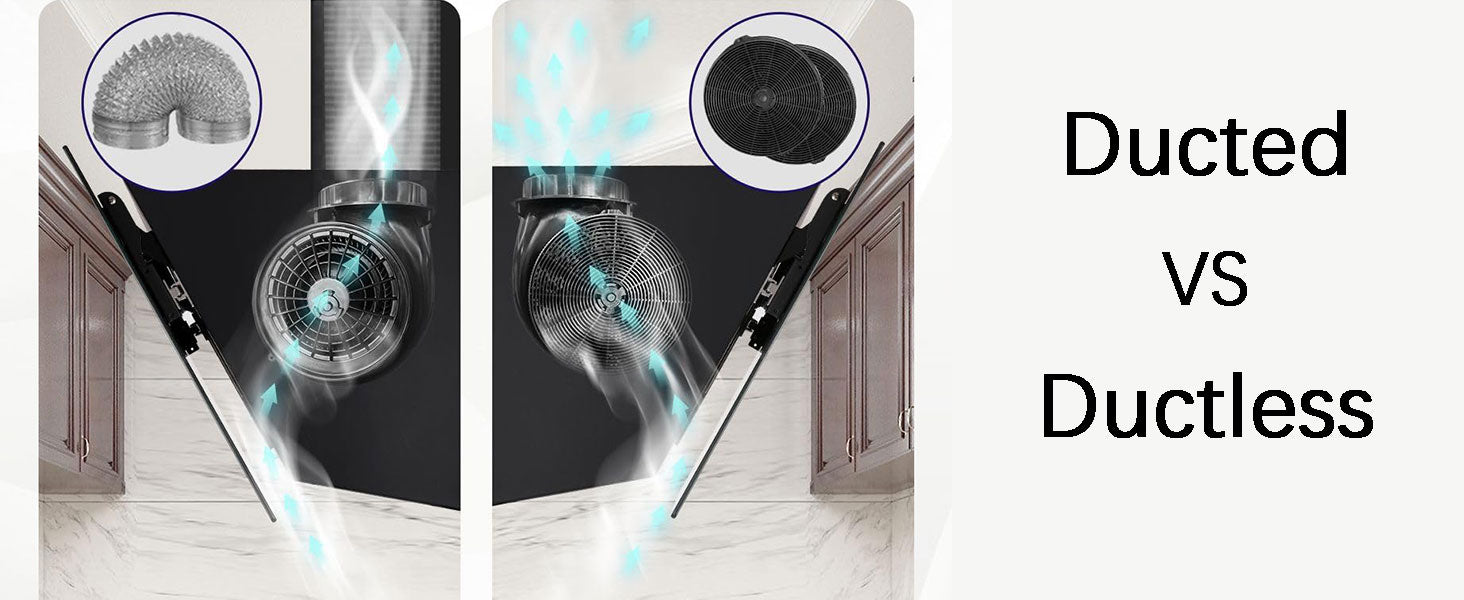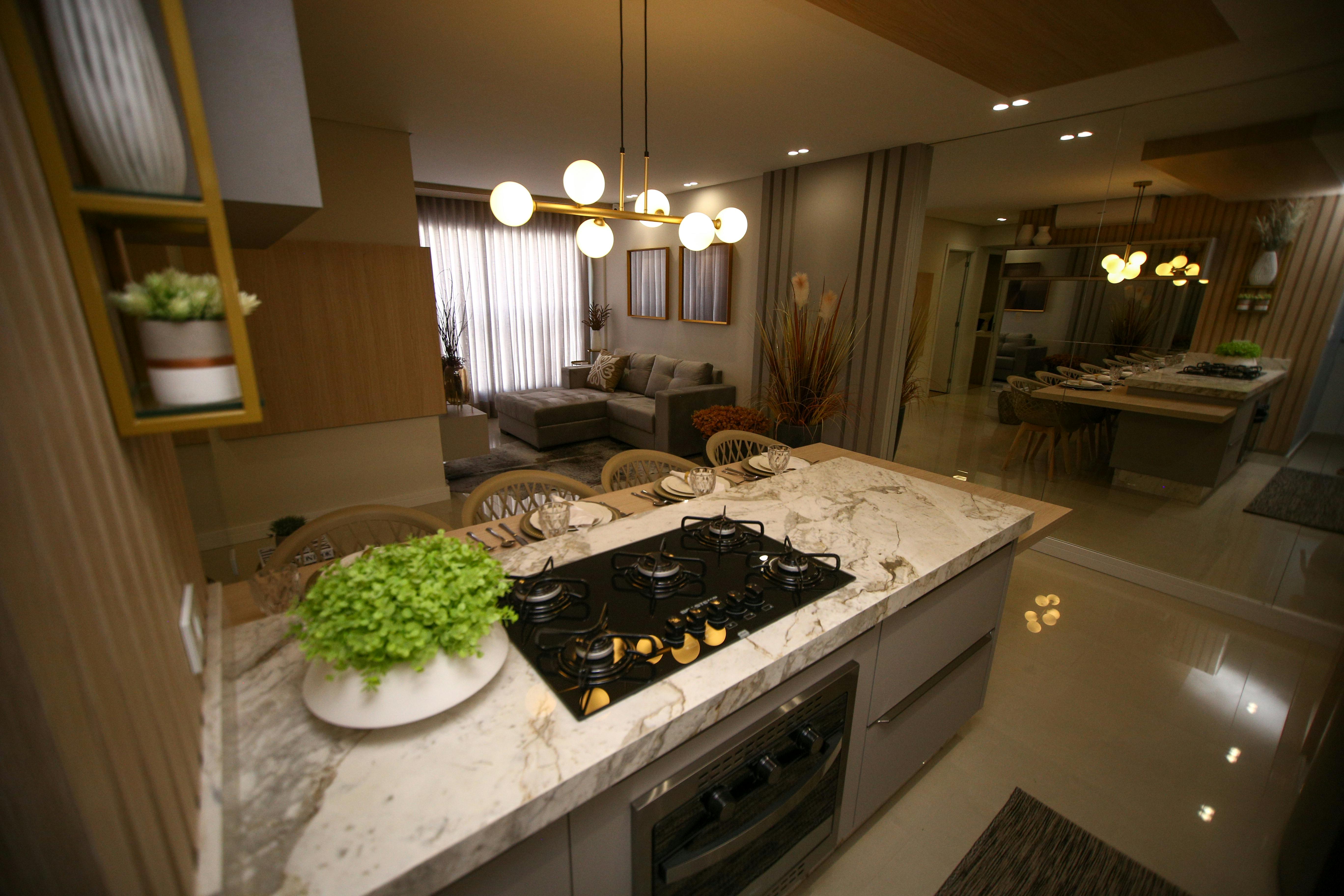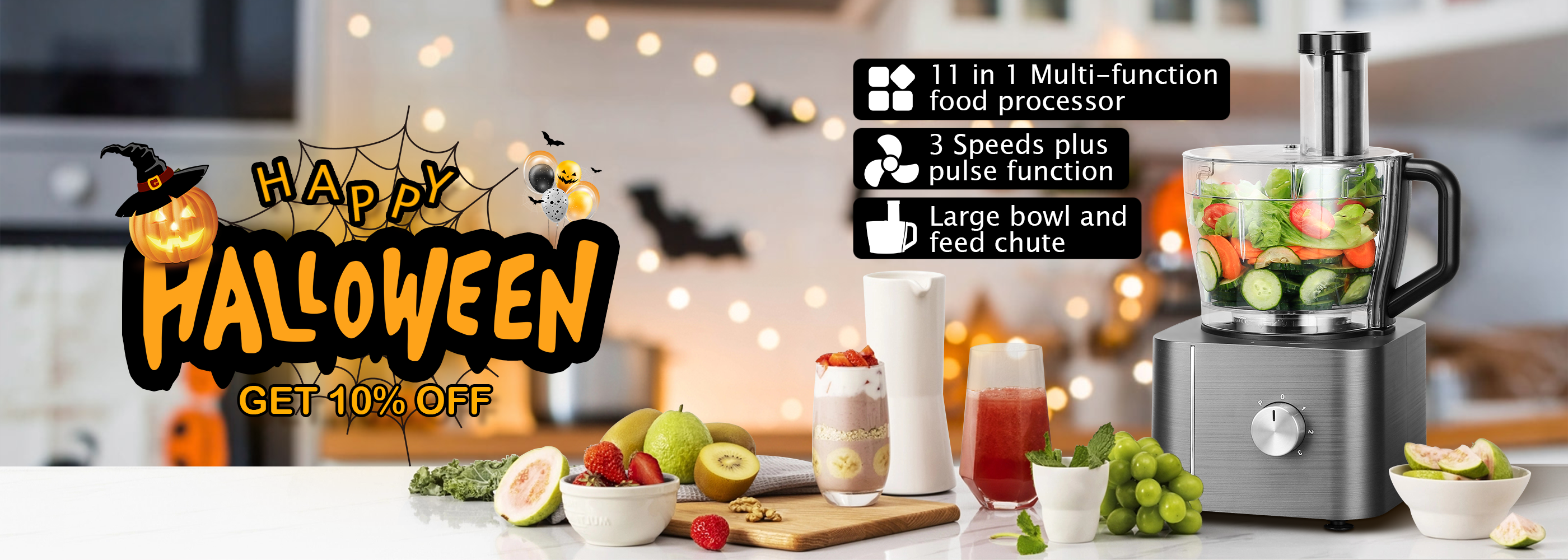When it comes to choosing a cooker hood for your kitchen, one of the most crucial decisions is whether to go with a ducted or ductless model. Both options have their advantages and drawbacks, and the right choice often depends on your kitchen layout, cooking habits, and even your local climate. In this guide, we’ll dive into the differences between ducted and ductless cooker hoods, their pros and cons, and how to determine which type suits your needs best.
What is a Ducted Cooker Hood?
Ducted cooker hoods, also known as vented hoods, are designed to remove smoke, steam, odors, and airborne particles from your kitchen by venting them outside through a duct. These hoods are typically installed against an exterior wall or above a stove where ductwork can be routed to the outside. They are often considered the best option for serious cooks who do a lot of high-heat cooking or frying.
Pros of Ducted Cooker Hoods:
- Better Ventilation: Ducted hoods excel at removing heat, moisture, smoke, and cooking odors from the kitchen, making them ideal for heavy-duty cooking.
- Improved Air Quality: Since these hoods expel air outside, they prevent the recirculation of grease and cooking particles, leading to a fresher kitchen environment.
- Reduced Noise: Ducted models tend to be quieter because the motor can be placed farther from the kitchen, especially if using a remote blower.
Cons of Ducted Cooker Hoods:
- Complex Installation: Installing a ducted cooker hood can be more challenging and expensive due to the need for external ductwork, particularly if your kitchen isn’t near an exterior wall.
- Less Flexibility: You’re limited to placing the cooker hood in areas where ductwork can be installed, which might restrict your design choices.
- Cost: Ducted hoods often come with higher upfront costs due to installation requirements, especially if you need professional help.
What is a Ductless Cooker Hood?
Ductless cooker hoods, also known as recirculating hoods, operate by drawing in kitchen air, filtering it through a series of charcoal or carbon filters, and then blowing the cleaned air back into the room. These hoods do not require external venting, making them a versatile option for many kitchens, especially in apartments or homes where installing ductwork isn’t feasible.
Pros of Ductless Cooker Hoods:
- Easier Installation: Since they don’t require external ductwork, ductless hoods are easier and more cost-effective to install. This makes them a great option for remodels or rented spaces.
- Flexible Placement: You can install a ductless hood almost anywhere in the kitchen, giving you more design freedom.
- Lower Cost: With no need for ducting, ductless hoods typically have a lower upfront cost, making them accessible for budget-conscious homeowners.
Cons of Ductless Cooker Hoods:
- Less Effective at Removing Moisture: While they filter out some particles and odors, ductless hoods don’t remove moisture or heat from the kitchen, which can be a problem during heavy cooking sessions.
- Filter Maintenance: Ductless hoods require regular filter replacements (usually every 3-6 months) to maintain performance, adding an ongoing cost.
- Potential Noise: Without the ability to install remote blowers, ductless hoods can be noisier since the entire unit is in the kitchen space.
How to Choose: Ducted or Ductless?
When deciding between a ducted and ductless Cooker hood, consider the following factors to make the best choice for your kitchen:
1. Your Cooking Habits
- If you frequently cook dishes that produce a lot of steam, smoke, or strong odors—like stir-fry, searing steaks, or frying—then a ducted cooker hood is likely the better option. It will more effectively remove heat and smoke from your kitchen.
- If you mostly cook lighter meals and use your stove less intensely, a ductless cooker hood can be an economical and practical choice.
2. Kitchen Layout and Location
- If your kitchen is located against an exterior wall, installing a ducted cooker hood is more straightforward. You’ll have easier access to route the ductwork outside, making it a logical choice.
- For kitchens that are in the center of a home or for apartment living, where running ducts outside is difficult or impossible, a ductless cooker hood can be the perfect solution.
3. Budget Considerations
- Ducted cooker hoods typically involve a higher upfront cost, especially if professional installation is required. However, they can save you money in the long run as they don’t need regular filter replacements.
- Ductless hoods are often more affordable initially, but keep in mind the cost of replacing filters every few months.
4. Climate and Environment
- In warmer climates, where kitchens can get uncomfortably hot, a ducted cooker hood can help keep the kitchen cool by venting hot air outside.
- In colder climates, a ductless cooker hood can help maintain warmth by recirculating air within the home rather than venting out heat.
5. Noise Tolerance
- If noise levels are a concern, a ducted cooker hood with a remote blower might be quieter compared to most ductless models.
- However, many modern ductless cooker hoods have improved noise levels, so reading reviews and looking for quieter models can be a good compromise.
Conclusion: Which is Right for You?
The decision between a ducted and ductless cooker hood comes down to your unique kitchen setup, cooking style, and budget. If you have the space and budget for ducting, and you cook frequently with high heat, a ducted cooker hood is often the superior choice for performance. On the other hand, a ductless cooker hood offers convenience, flexibility, and ease of installation, making it a great option for apartments or homes where external venting isn’t practical.
Our topstrong cooker hoods have two installation methods. You can flexibly choose the installation method according to the kitchen layout. The package includes pipes, and some range hoods also include carbon filters.
Whichever you choose, make sure to invest in a high-quality model and keep up with any necessary maintenance to ensure your cooker hood continues to perform well, keeping your kitchen clean and comfortable for years to come.



Leave a comment
All comments are moderated before being published.
This site is protected by hCaptcha and the hCaptcha Privacy Policy and Terms of Service apply.